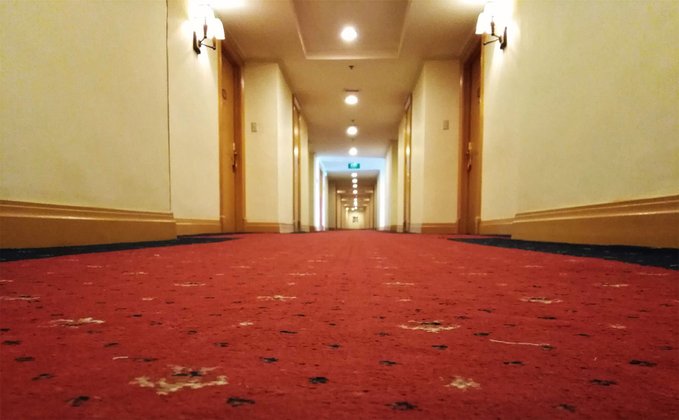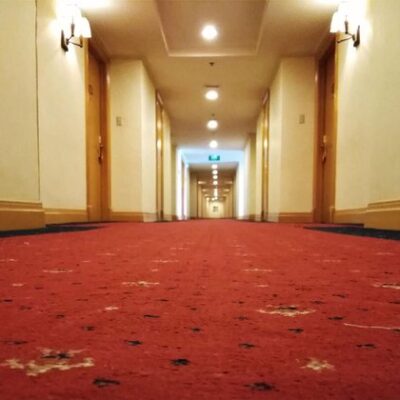JRS UK has renewed its calls for people seeking asylum to be provided with safe and dignified accommodation in the community in light of a new report launched today, finding serious gaps in basic support for asylum seekers accommodated in hotels.
The report, by the Refugee Council, is published today and highlights a lack of basic necessities, including shoes, clothing, and sufficient nutritious food in some asylum hotels, together with difficulty accessing healthcare. It also notes that long periods of living in asylum hotels, especially during the pandemic, has had a very negative impact on the mental health of some asylum seekers.
JRS UK’s destitution team has been supporting people accommodated in asylum hotels since March 2020, and has similarly found that the experience has often been gruelling. Jasmine Husseini, JRS UK’s Advice and Support Assistant, said:
“In our experience while poor quality food has been a central issue for people in hotels, this is heightened by delays with the other promised support. For example, sometimes it takes a while for guests to get additional cash payments on their asylum support ASPEN cards so this increases dependence on food that may be repetitive, not to their tastes, and often not nutrious.
“One refugee friend with a young child explained to me recently that the reception didn’t have the correct nappy size for her child, even though they are meant to provide this.”
JRS continues to provide emergency food parcels to people many people accommodated in hotels, as the food they are provided with is insufficient and not nutritious. with your help, we can continue to provide emergency food to asylum seekers.
Donate an Emergency Food Parcel today
This occurs in a context where border force officials have been seizing phones of asylum claimants arriving informally via the Channel, meaning that many are deprived of the means to contact friends, family, and legal or support networks.
In March 2020, in response to the COVID-19 pandemic, the government vastly expanded its use of hotels to accommodate asylum seekers. Hotels are supposed to be used only as ‘contingency accommodation’ – i.e., used for very short periods before people are moved to longer-term accommodation – but over the last year many have been in hotels for long periods.



